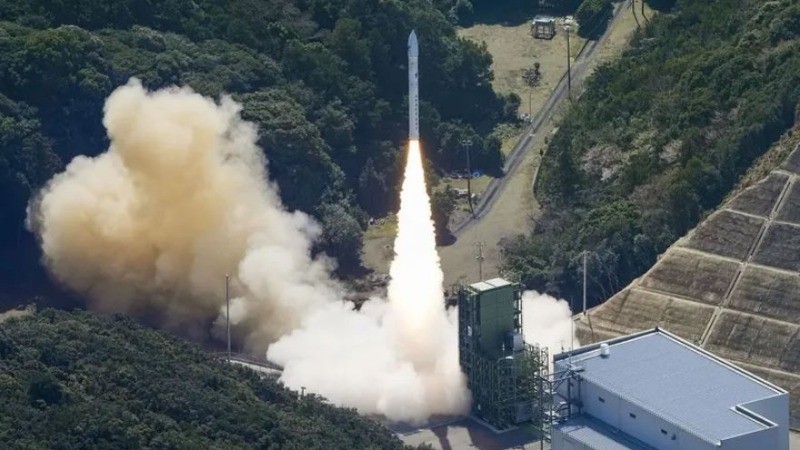
Space One, a Japanese private space exploration company, has postponed its second attempt at launching a rocket due to unfavorable weather conditions. This setback follows the company’s first failed attempt in March, which ended with a mid-air explosion. The second launch, initially scheduled for Saturday, was called off just 20 minutes before its planned liftoff at 11 a.m. (0200 GMT) from the company’s Spaceport Kii launch pad in Wakayama, Japan.
The postponed Kairos rocket launch was expected to carry five satellites, including one from Taiwan Space Agency and others designed by Japanese students and corporate ventures. The company has now rescheduled the launch for Sunday, continuing its aim to revolutionize space access by offering fast and cost-effective satellite launches for businesses and government organizations.
Aiming for a Historic Milestone
Founded in 2018, Space One is striving to become the first Japanese private company to successfully place a satellite into orbit. Supported by major players like Canon Electronics, IHI Aerospace, construction firm Shimizu, and the government-backed Development Bank of Japan, the company has ambitious goals to compete in the global satellite launch industry.
Private companies, such as Elon Musk's SpaceX, have already demonstrated the potential of offering cheaper and more frequent access to space. Space One hopes to follow a similar trajectory, positioning itself as a reliable option for small satellite launches.
Challenges in Japan’s Space Industry
Japan’s space exploration sector is becoming increasingly competitive, with both private firms and the Japan Aerospace Exploration Agency (JAXA) aiming to achieve significant milestones. JAXA recently overcame its own challenges, successfully launching the next-generation H3 rocket earlier this year after multiple failed attempts.
In another breakthrough, Japan landed an unmanned probe on the Moon, becoming only the fifth country to achieve a soft landing on the lunar surface. However, JAXA has also faced setbacks, including delaying the launch of its compact Epsilon S rocket following an engine test that resulted in a large fire.
Previous Setback and the Way Forward
Space One’s Kairos rocket first attempted liftoff in March, carrying a small government test satellite. However, moments after liftoff, a technical malfunction triggered an emergency self-destruct mechanism, causing the 18-meter (60-foot) rocket to explode mid-air. The dramatic incident, witnessed by hundreds of spectators gathered near the launch site, highlighted the inherent risks of space exploration.
Despite these hurdles, Space One remains committed to its mission of delivering frequent and efficient satellite launches. The company’s efforts are part of a broader trend of private firms stepping into the space industry, creating more accessible opportunities for research and development in orbit.